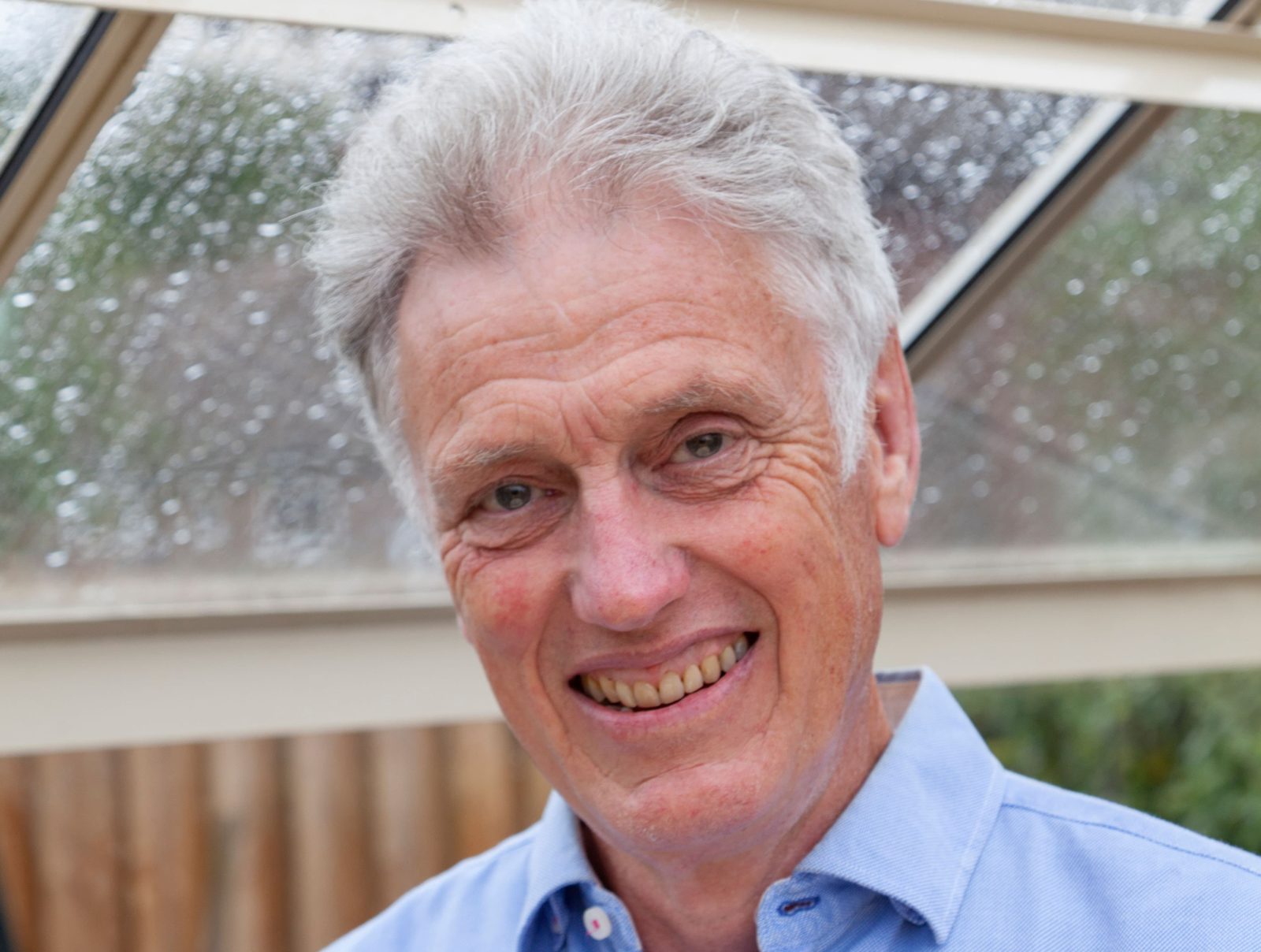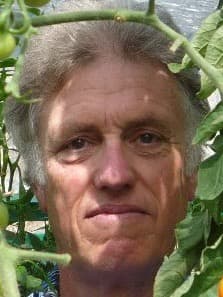Adam Alexander On Returning Seeds To Cultures That Have Lost Or Are Losing Them

Contributions From ADAM ALEXANDER

Adam Alexander is best known for his work in the collection and preservation of rare, endangered and heirloom fruit and vegetable seeds, including his work with the Heritage Seed Library. He published his first book ‘The Seed Detective’ in 2022, has produced several documentaries about his journey and also delivers talks all over the world.
Adam Alexander is a name synonymous with organic gardening and seed conservation.
For over three decades he has been a passionate seed collector – collecting a remarkable catalogue of over 500 rare, endangered, local and heirloom vegetable varieties.
Adam is also the author of ‘The Seed Detective’, his first book in which he discusses his own relationship with – and our historical connection to – common garden crops.
I had the pleasure of sitting down with him to discuss his journey – and the reasons he feels so enthusiastic about returning native seeds to those who have been displaced from their country of origin.
Where Did Your Journey With Gardening Begin?
“It began when I was about 6 years old,” says Adam.
“I was given a little piece of the vegetable garden by my mother, who was a very keen gardener, so I started growing.
“I always liked growing vegetables from a very young age and I’ve been doing so ever since. In fact, this is now my 66th year of growing something!”
Can You Tell Us About The Seed Detective & Your Journey With That Project?
“I set up a small market garden in the mid-70s because I wanted to try and build a horticultural business,” he explains.
“In the 70s, no one was interested in growing unusual varieties of veg or organic practices. If I started it today, I’d probably be a great success! I found that a career in horticulture didn’t suit me and I’d much rather grow for pleasure.
“What really got me started on my journey of growing and protecting unique seeds was an encounter I had with a remarkable pepper in Donetsk in the late 80s. I decided that I would bring some seeds home and it got me started on this journey that I’ve been on ever since.
“The Seed Detective sees me looking for deliciousness but also really trying to understand the importance of the social and cultural relationship of what we grow and eat.
“We lost that culture here in the UK, but it is very evident in many other parts of the world, so I have always been interested in collecting varieties that are fundamental to food culture and that I could also grow and use in my own cuisine.
“I then got involved in collecting varieties that were endangered, whether by war or farming changes. I now spend a lot of my time growing these local varieties to help displaced people.”
You Mention The Importance Of Returning Seeds To Cultures That Have Lost Or Are Losing Them. Why Is This So Important To You?
“For me, it’s what gets me out of bed every morning. As a gardener, saving my own seeds feels like I’m continuing a journey that links me back to the original origins of agriculture from hundreds of years ago.
It is also so important for the diversity of our plants. Many of the varieties that I grow are now well adapted to grow in many parts of the world, as I’ve been selective with the seeds I protect and plant on.
“Getting food back to displaced people is so important, as food is memory and recreating the flavours of the home is a way to connect people to their homeland. The more we feel connected culturally to what we grow, the more likely it is that we will care about the produce we grow ourselves.”
Do You Have A Particular Favourite Moment From Your Career?
“I’ve had a number of favourite moments, but probably the one that was remarkable to me is from the time I spent in Rajasthan in 2019,” Adam shares.
“I was on the trail of this particular chilli called the Mathania Chilli. It was considered to have been lost, as farmers there had started to grow different cultivars and varieties; the original had become increasingly rare. It was a local variety that was very important to Indian cuisine.
“I met a lovely woman who had a little patch of these chillies growing in her garden. That was such a special moment for me. The farmer I was with burst into tears when he tasted it, all because of the memories he had attached to it. He hadn’t eaten one of those for 15 years!
“Finding that place made all of the work I do worthwhile.”
Can You Tell Us About Your Book ‘The Seed Detective’?
“Essentially, it tells the story of wild parent plants to the cultivated offspring,” he describes.
“I have taken fourteen vegetables that I grow in my garden and I tell the stories of how they were domesticated and how they became fundamental to the stories of civilisation.
“The domestication and breeding of crops and their diversity goes hand in hand with humans. The book is full of stories about how vegetables were so important in ancient times and why they have become so embedded into our food culture.
“There are lots of anecdotes about my personal relationship with these vegetables too.”
What’s Your Favourite Anecdote In There?
“It has to be the one about an encounter I had in Luang Phabang [in Laos] when I was visiting a market there.
“I met an elderly woman there who grew and sold her own vegetables there. I noticed that amongst the shallots, herbs and onions she was growing, there were a few packets of seeds.

“I had so many questions about the seeds: what they were, had she grown them herself, how did you eat them? She was completely monosyllabic in her responses to me, it was very funny. I think she just wanted me to buy the seeds and leave, which I did eventually!
“They are a remarkable mangetout variety that I loved growing in the end. I’ll never forget that encounter.”
What’s The Biggest Lesson That Your Experience With Seeds & Their History Has Taught You?
“The biggest lesson is how empowering and valuable it is to be growing my crops from the seeds I’ve saved,” Adam says.
“When you do this, you’re selecting the best seeds of the crop you are saving. This means that they end up more vigorous and you actually get better crops at the end of the harvest.”
What’s Next For You?
“I’m now working on my next book, which is all about the future of plant breeding,” he explains.
“I’m currently travelling all over the world and meeting with different plant breeders and growers. It’s all about the future and how we build a much more sustainable and robust food system through having a greater diversity of local varieties.”
What Advice Would You Give To Budding Seed Collectors?
“First of all, remember that it isn’t difficult, because if it was, we wouldn’t be here.”
“There’s no great mystery to it – you just need to follow a few basic rules. If you want to start, save seeds from self-pollinating and self-fertile varieties first, as these are the easiest plants to save seeds from. This includes peas, tomatoes, lettuce and beans and will get you started.
“However, don’t be afraid to harvest all sorts of seeds from plants that might have cross-pollinated. You never know what they will produce!”

